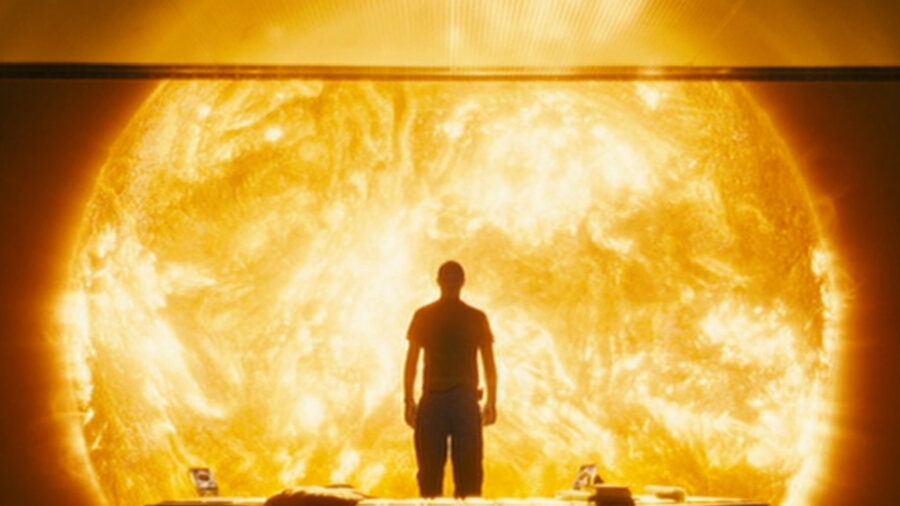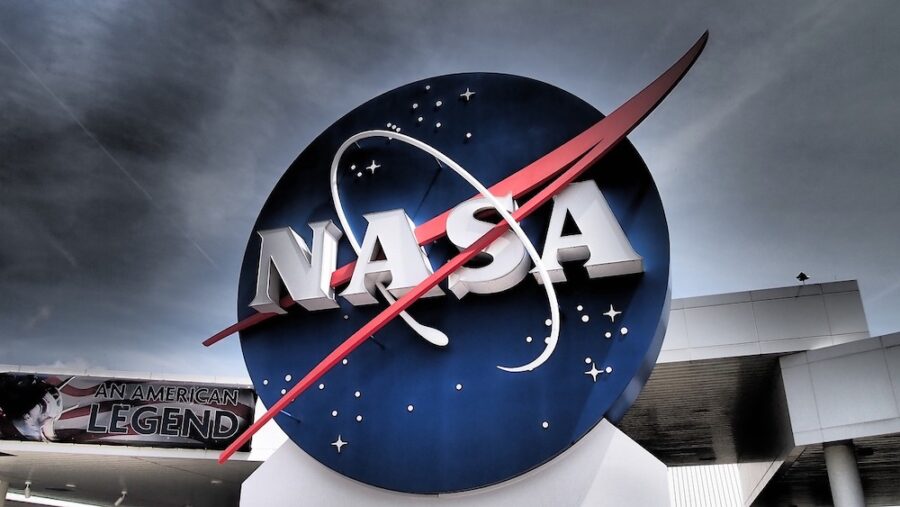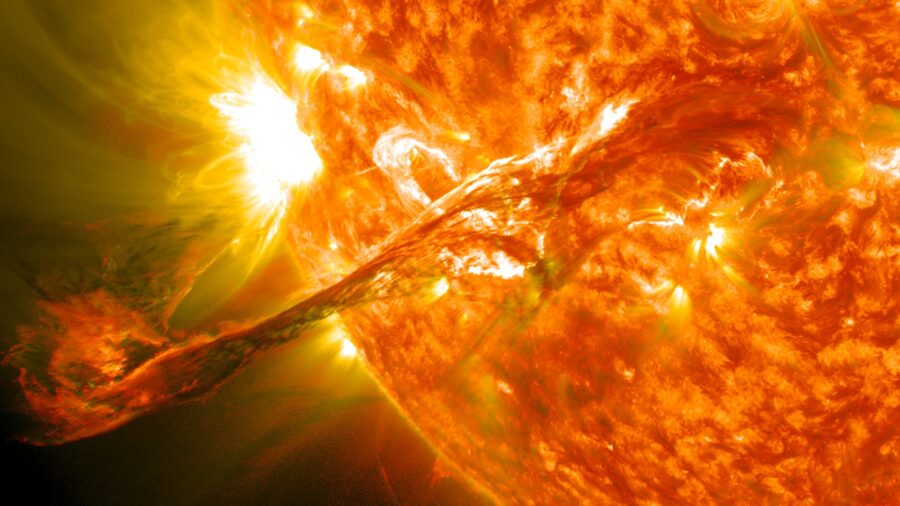Solar Storms Are Happening More Often But There’s A Catch

In case it wasn’t clear already, social media isn’t always the best place to get your news. So, if you’ve been hearing that the increased solar storms during the solar maximum will lead to a so-called “internet apocalypse,” you can assuage your concerns. Misinformation about this phenomenon, with fictional warnings from NASA, has been running rampant on the Internet, but these have been debunked.
The Alleged Internet Apocalypse

The misinformation about the solar storms stems from a 2021 study titled “Solar Superstorms: Planning for an Internet Apocalypse,” that suggests the storms could damage internet cables, specifically the undersea cables that help power the internet across the world, though this study hasn’t been published in any peer-reviewed journals. The fictional NASA warnings suddenly popped up last week on platforms like YouTube, Instagram, TikTok, and Twitter, leading to the “internet apocalypse,” rumors starting all over again.
The false articles about the solar storms also make unfounded claims that the global internet outage is set to be triggered within a decade and that NASA launched the Parker Solar Probe in 2018 to save the Internet. In reality, the Parker Solar Probe was simply launched to study the sun and its weather patterns. Still, misinformation can spread rapidly, and these headlines have gone viral, but there’s no need to panic.
Fact Checking The NASA Notices

Even the author of the solar storm study, Sangeetha Abdu Jyothi, has since talked about her paper and said she regretted using the phrase “internet apocalypse.” Many of the false articles don’t even point to the study directly though, instead referring to an article posted by NASA earlier this year about how it’s using AI to help predict the storms. The article published by NASA, of course, doesn’t use the phrase internet apocalypse anywhere.
We Don’t Need To Block Out The Sun … Yet

It’s not too surprising that this panic surrounding the solar storms is happening now since research indicates that the Sun will be reaching the peak of its solar maximum cycle sometime this year. The solar maximum is when the Sun is at its most active, and this activity does increase the frequency and intensity of solar storms. But that doesn’t mean the storms are able to take the internet completely offline.
Legitimate Concern Has Been Blown Way Out Of Proportion

But this doesn’t mean solar storms have no effect on technology whatsoever, as they can affect the functioning of electric grids and communication systems. However, these outages are hardly enough to take the entire Earth completely offline. In short, the evidence and science say that these storms aren’t going to do enough damage to have such a worldwide impact, despite the viral claims to the contrary.
We Have AI On Our Side

If anything, technology is helping us get better at predicting these solar storms, which could help to minimize their impact. Scientists are working on AI models that take in satellite data to help forecast storms up to 30 minutes before they occur. In the future, this may allow us to warn satellite operators, power grid managers, and telecommunication companies to move their satellites or take systems offline temporarily to prevent damage or outages. In any case, if you happen to see some article warning you of the internet apocalypse, you’re probably good to ignore them.













